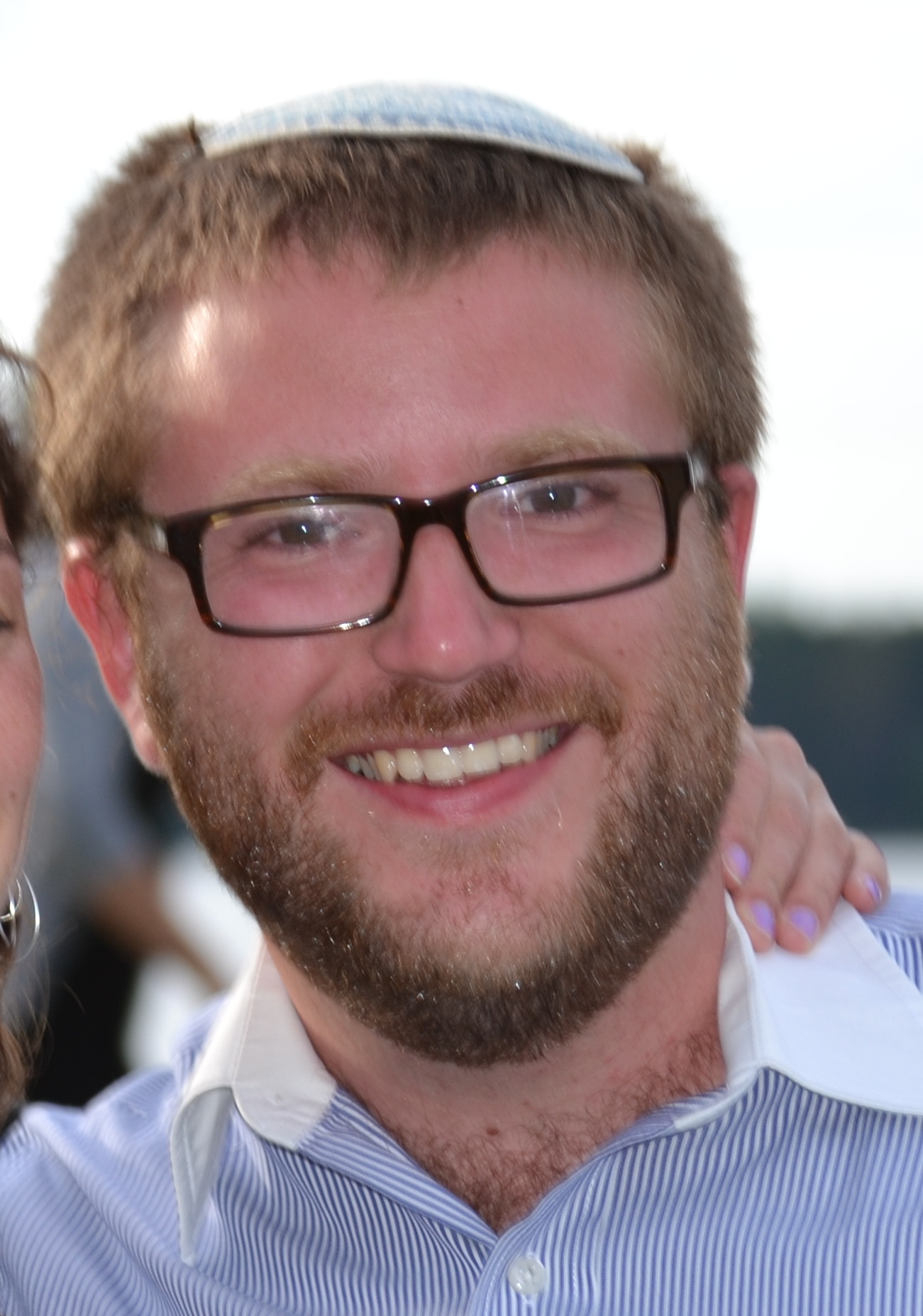Reflections on Parshat Boby Jeremy Fineberg
One of my favorite parts of camp has always been hearing and telling stories. As a young camper, I grew up with the stories of the people I looked up to, especially my counselors, Rashei Aidah (division heads), and friends in older aidot (age divisions). Their stories ranged from the larger-than-life moments: unbelievable sports victories, equally epic plays, and incredible epiphanies while learning, to the seemingly mundane: laps around the garbage trail that healed friendships, memorable card games, and unforgettable times just lounging on the kikar (central campus). Throughout my camper summers, I eagerly awaited the times when opportunities would arise to share my own stories about the people in my life, the victories of my aidah or Yom Sport (Color War) team, and the goofy goings-on of my close friends. For me, this storytelling was solidified through the weekly Friday night ritual of “Good and Welfare.” This powerful experience took the place of our regular yishunim (going to bed cabin programming); our counselors would set the stage and tone for each member of the tzrif (cabin) – counselors included – to share a highlight or two of the week (the good), and something that we were hoping to improve for ourselves, our cabin, our aidah, or the camp for the coming week (the welfare). This ritualized storytelling encouraged both my cabin-mates and me to think seriously about the events of our summers, to grapple with their consequences, and forced us to remember and utilize the narratives of our summers to propel us forward.
In this week’s parshah, Bo, we encounter critical elements of the Exodus narrative. The last three plagues complete the cycle and Pharaoh finally relents and lets the people go. In addition to the actual Exodus happening, we receive the commands to observe Pesach (Passover) and how to do so. However, we are not simply commanded to observe the holiday; we are commanded to observe the holiday and to tell our story. Throughout the course of Chapters 12-13 we receive the biblical sources for three out of the Four Sons of the Haggadah. We are told that we must explain the holiday, give its biblical rationale and context, and crucially, that we are supposed to tell our children that everything we are doing is
בַּעֲב֣וּר זֶ֗ה עָשָׂ֤ה יְהוָה֙ לִ֔י בְּצֵאתִ֖י מִמִּצְרָֽיִם׃
“because of this that the Lord did for me when I left Egypt” (Ex. 13:8). We are commanded to tell those who look up to us that we, personally, were part of the Exodus. This quote is the biblical justification for the famous line from the Magid (storytelling) section of the Haggadah: “In every generation a person is obligated to see him or herself as if they left Egypt.” Not only are we supposed to act as if we identify with the generation who left Egypt for the sake of the story, but we have an obligation to write ourselves into the story. To truly fulfill our Passover obligations, we cannot just tell the story, but we must learn that we are the main characters of the story, and that we have something to tell.
For me, the sense of the obligation to both tell and personally identify with stories is a fundamental element of the magic of Ramah. The events that occur in those mystical acres in Conover each summer may not necessarily be novel occurrences. Every summer one color wins Yom Sport, every summer plays brings aidot together, and every summer friendships are born, tested, and strengthened. However, what matters most is that everyone who forms our sacred community in the Northwoods is not only encouraged to tell these stories, we are all encouraged to be a part of those stories. Like the obligation of Jews on Pesach to see ourselves as having personally left Egypt, every camper and staff member is supported and guided towards writing themselves into the story of Ramah. We are all the main characters of the stories that sustain us, whether those stories are about walking towards the Red Sea on a march towards freedom, or walking down towards Lake Buckatabon for Kabbalat Shabbat. They are our stories.






